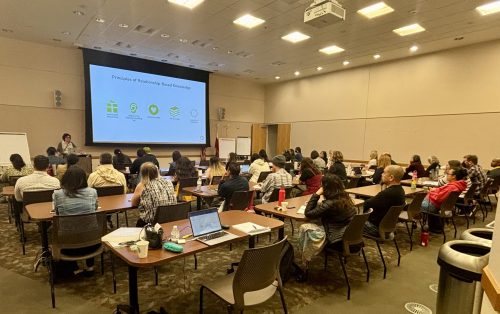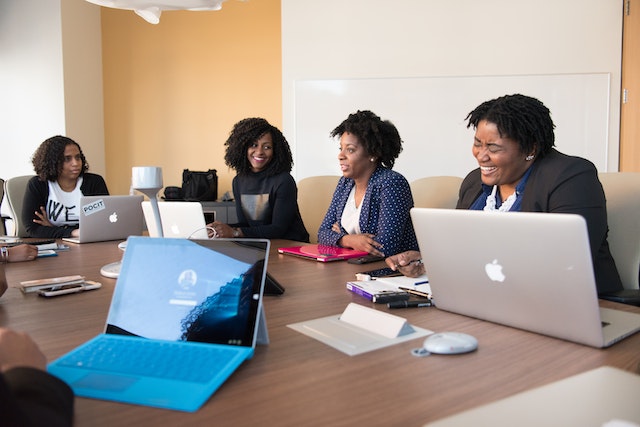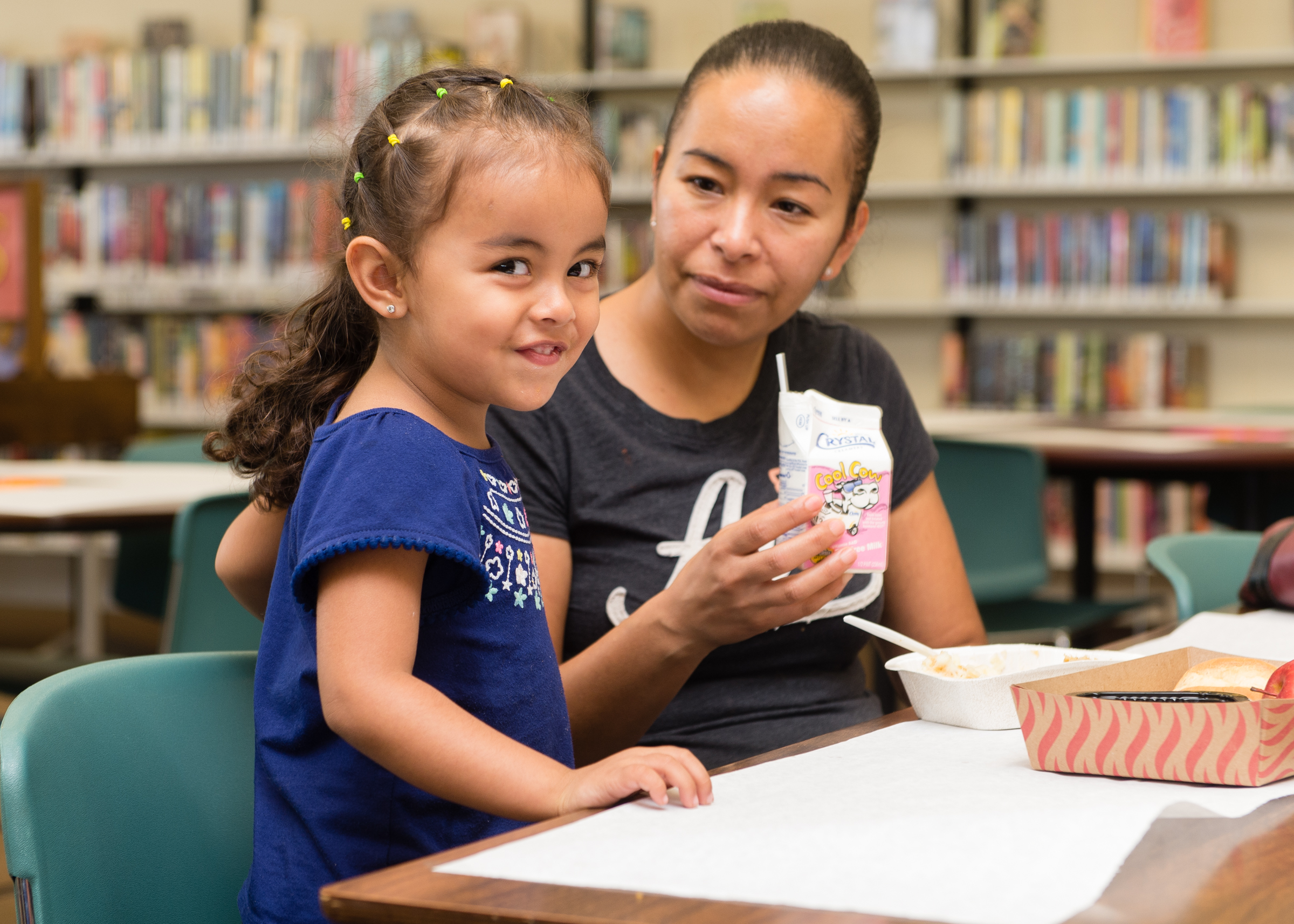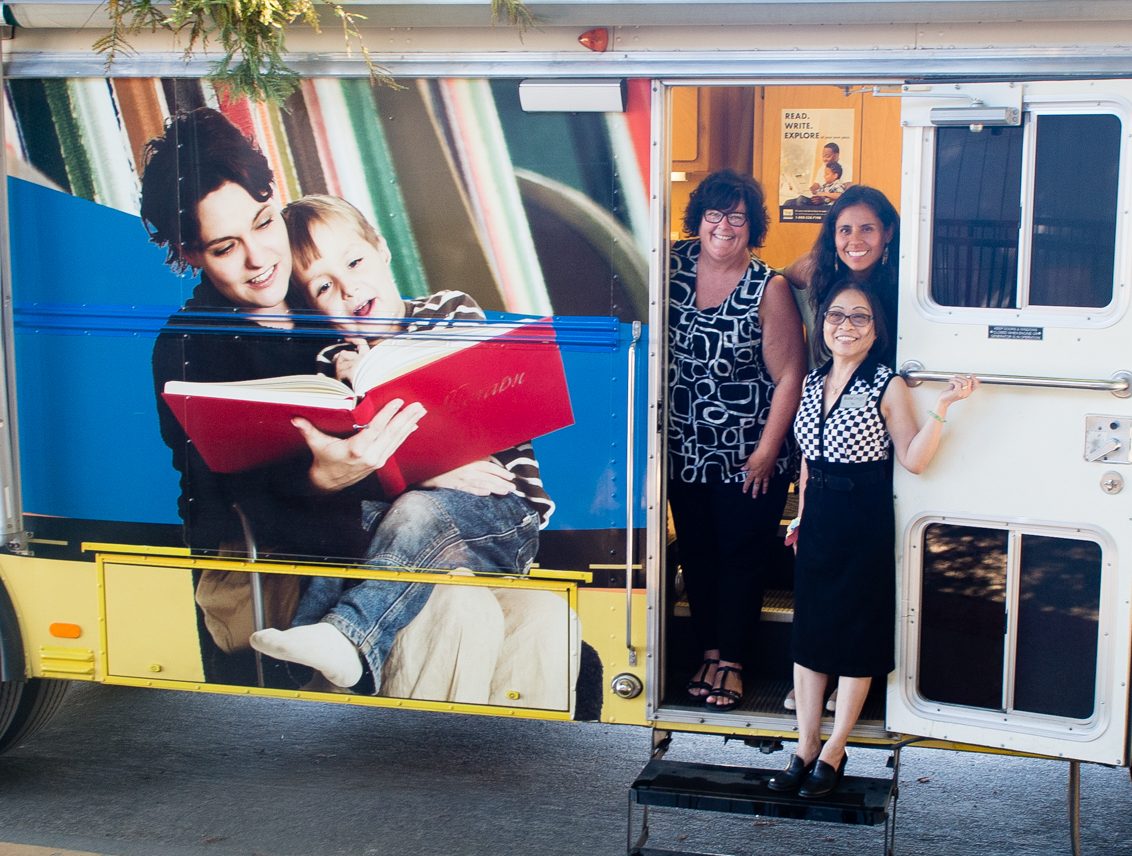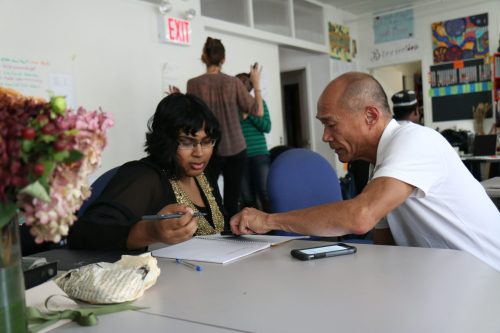Reaching Your Audiences: How to Tell Your Library’s Story and Make an Impact
Libraries do so much good work and provide so many wonderful resources. But unless people know about these things, you… Read More »Reaching Your Audiences: How to Tell Your Library’s Story and Make an Impact


